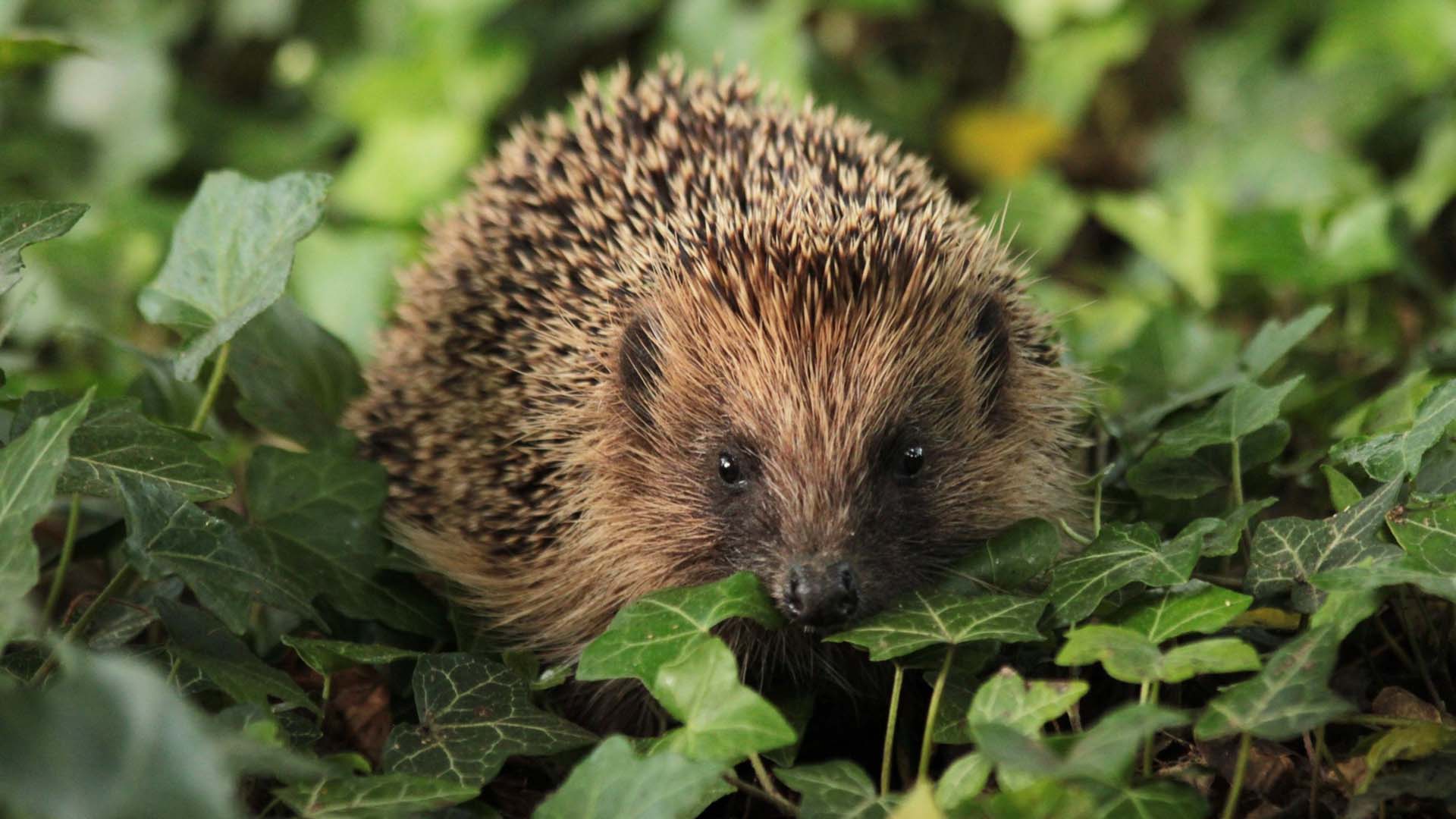How scented flowers can help our long-term health
Breathing in the fragrance of flowers is good for our mood and our memory - we explain the science and have 7 of the best scented plants for your garden.

Breathing in the fragrance of flowers is good for our mood and our memory - we explain the science and have 7 of the best scented plants for your garden.

Step into any rose garden this month, as the sun rises on a clear day, and prepare to be transported. As we smell the scent of roses – at its strongest when flowers first open – it plays with our mood, lifting us up yet also calming us.
Breathe more deeply and as our breath slows, so does our heart rate. And for most of us, this sensation propels us back in time in an instant, to a place, a feeling and a memory that’s perhaps long forgotten.
Welcome to the scent effect, triggered by the sense that is perhaps the least understood or appreciated among the five key stimuli we use to explore the world around us.
When we smell something, around 400 receptors in our olfactory system, at the back of our nostrils, pick up the scent and send it instantly to the brain. No other sense is so hard-wired: for example, when we see, hear or touch something, the message reaches the brain only through our body’s network of nerves.
"Our perception of scent takes place in the part of the brain where emotion is processed – this means as soon as you smell something, you feel something," explains Rachel Herz, cognitive neuroscientist and leading expert on the psychology of smell.
"Memories triggered by smell are much more evocative than something you read and even more emotional than those triggered by music. If you hear a sound that reminds you of the past, you’re analytical about it. If it’s a smell, the emotion you experienced at the time of the memory is what you feel now."

Give your nostrils a daily workout for at least three months and your sense of smell could improve, studies show.
Do you have a sense of comfort and nostalgia when smelling roses or lilies or (like me) the tang of tomato leaves? Because the sense of smell is formed well ahead of more analytical senses – while we’re still in the womb – our earliest and deepest memories are often triggered by the mere whiff of a distinctive scent.
I can certainly trace my tomato-leaf fixation back to life as a toddler, pottering behind my grandad in the cosy, lean-to greenhouse that he tended with love.
For Tony Hall, head of arboretum temperate collections at Royal Botanic Gardens, Kew, the lure of a heavily scented lilac in his parents’ back garden drew him in to the underworld of plants and wildlife that co-exist and communicate through hidden signals – including scent.
His fascination with this unseen world set him on his career path to Kew and has inspired him to write about the beauty and meaning of fragrance in a new book, Gardening with Scented Plants (RRP £30, Kew Publishing).
"Scented plants have always been important for me, because I was really into wildlife as a boy and fascinated by plants with a lot of bees and butterflies on them," he recalls.
"While we like to think that flowers are producing their scent for us, it’s a fundamental way for plants to attract pollinators and continue their life cycle."
Scent is their enticement to passing insects, releasing molecules to emit a fragrance that draws them in to feed on their nectar. While gorging, the pollinators pick up pollen, spreading it on their flight – so fulfilling the plant’s evolutionary purpose.
Once a flower is pollinated, the plant releases a different chemical compound that shuts off its enticing scent, in a signal for pollinators to go elsewhere.
"I’m fascinated by how plants use scent to get what they need," says Tony. "They’ve evolved to produce scent in varying quantities and at different times of the day or night, depending on the flight pattern of the insects they want to attract, in an incredible, symbiotic relationship."

Among garden plants, roses have the most complex scents, with up to 400 different molecules – or compounds – creating their fragrances. Once the flower is ready for pollination and starts to open, the molecules are released from storage cells in the petals and then evaporate in the warm air, creating a lingering scent that gradually fades as the flower passes its peak, over the course of at least a week.
By contrast, scented narcissi, like Narcissus poeticus, jonquil and tazetta types, have less than a dozen fragrant compounds at work but emit them from their trumpets in an intense wave, two to 12 hours after opening.
Scented plants are essential in every garden, Tony believes, and with planning can be enjoyed all year round. "Gardens are places to relax and escape, and there’s nothing more calming than scent after a hard day at work."
"In a sheltered area, scents are intensified, so in a small garden, you can benefit from a few well-chosen plants."
The key, he says, is moderation: overdo scent and you end up de-sensitised. "I’ve always built my gardens round lots of scented plants, dotted around, but they flower at different times.
"So while I always have scent, I don’t have a scented garden as such, which can be too much of a clash – though there are classic combinations like roses and lavender that work together well."

A few of Tony’s favourite ways to use scent include training a climber, such as a wisteria, over the front door, for scent as you come and go. Edge a path with a low hedge of lavender or rosemary, for their essential oils and tactile feel. Place pots of scented roses by a bench and grow evening-scented plants and climbers around a sheltered outdoor table, to enjoy after hours.
If you find yourself struggling to define the scents others enjoy, it could be part of the ageing process – as Rachel explains. "Until middle age, the sense of smell regenerates every 28 days, but as we age, we tend to lose sensitivity. It’s a harbinger of general brain health.
People over 57 with a poor sense of smell may be at risk of an earlier death. And after the age of 85 or so, some become anosmic [no sense of smell] without realising it."
"Smell training is a good way of trying to reconnect your sense of smell daily, to keep your brain healthy for as long as possible."
Gardeners have the means to do this right outside their back door, with a bit of planning for year-round scent. That’s now easier than ever, Tony believes, thanks to the growing interest in scented plants.
"For a while, plant breeders led us away from scent in search of brighter colours and different forms. But as a more natural and sustainable approach to gardening emerges, so breeders are returning to it again," he says.
"Scented plants are not only good for wildlife and good for people, they create a more balanced, natural environment to your garden, bringing in pollinators and natural predators. Wildlife should be a driver in how we garden, and scented plants have a big part to play."
Tony shares his pick of the scented plants for year-round fragrance for your garden.
Definitely roses! There’s one for every situation, from climbers to shrubs, pots and pergolas. I prefer English and musk roses.
Grow “The Generous Gardener” (right) by a bench, and rambler “Paul’s Himalayan Musk” for height".
Honeysuckle (Lonicera periclymenum) where you eat outdoors, for sweet scent, colour and attracting moths in the evening.
The regal lily (Lilium regale) has amazing scent and is versatile, growing in pots, outside or in, as well as in the ground.
Most scented plants need full sun but the shrub Itea ilicifolia doesn’t; it has panicles of pale flowers with a sweet honey scent.
Jasmine “Devon Cream” has a strong, sweet musky scent, bigger flowers and a dark creamy colour – and flowers all summer.
"Paperwhite” narcissus, though it’s a Marmite plant, as its heady scent divides people.
But it’s a great doer, flowering for Christmas.
Try Wintersweet (Chimonanthus praecox), for its sweet and spicy smell, even when frosted.
You know that we are facing spring when you can smell it.
Lucy Hall is a garden expert, editor, presenter, podcast creator and writer. She's a trustee of the National Garden Scheme and formerly editor of BBC Gardeners' World Magazine and associate publisher of Gardens Illustrated.
View author page
For a limited time, enjoy 3 issues of Saga Magazine for just £1. Receive the next 3 print editions delivered direct to your door, plus 3 months’ unlimited access to the Saga Magazine app—perfect for reading on the go.
Don’t miss your chance to experience award-winning content at an exceptional price.
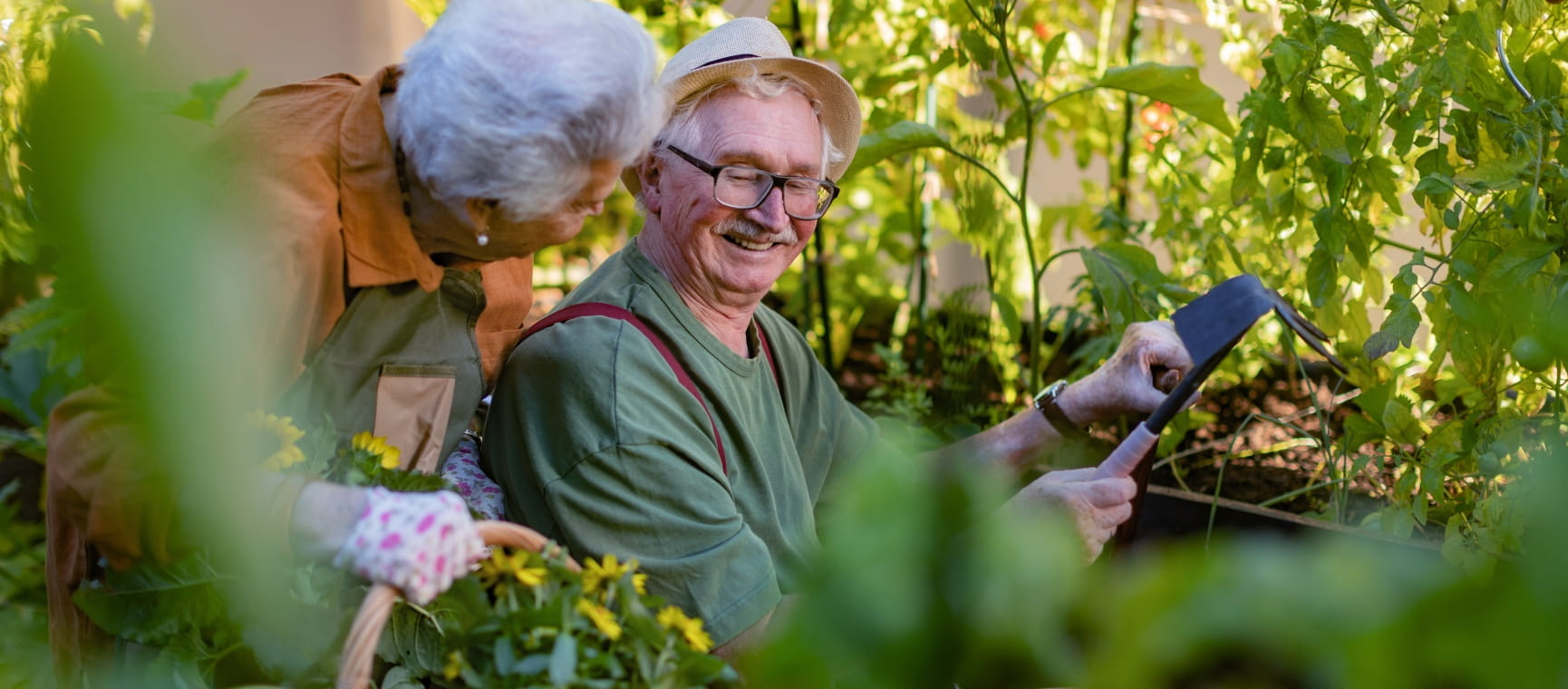
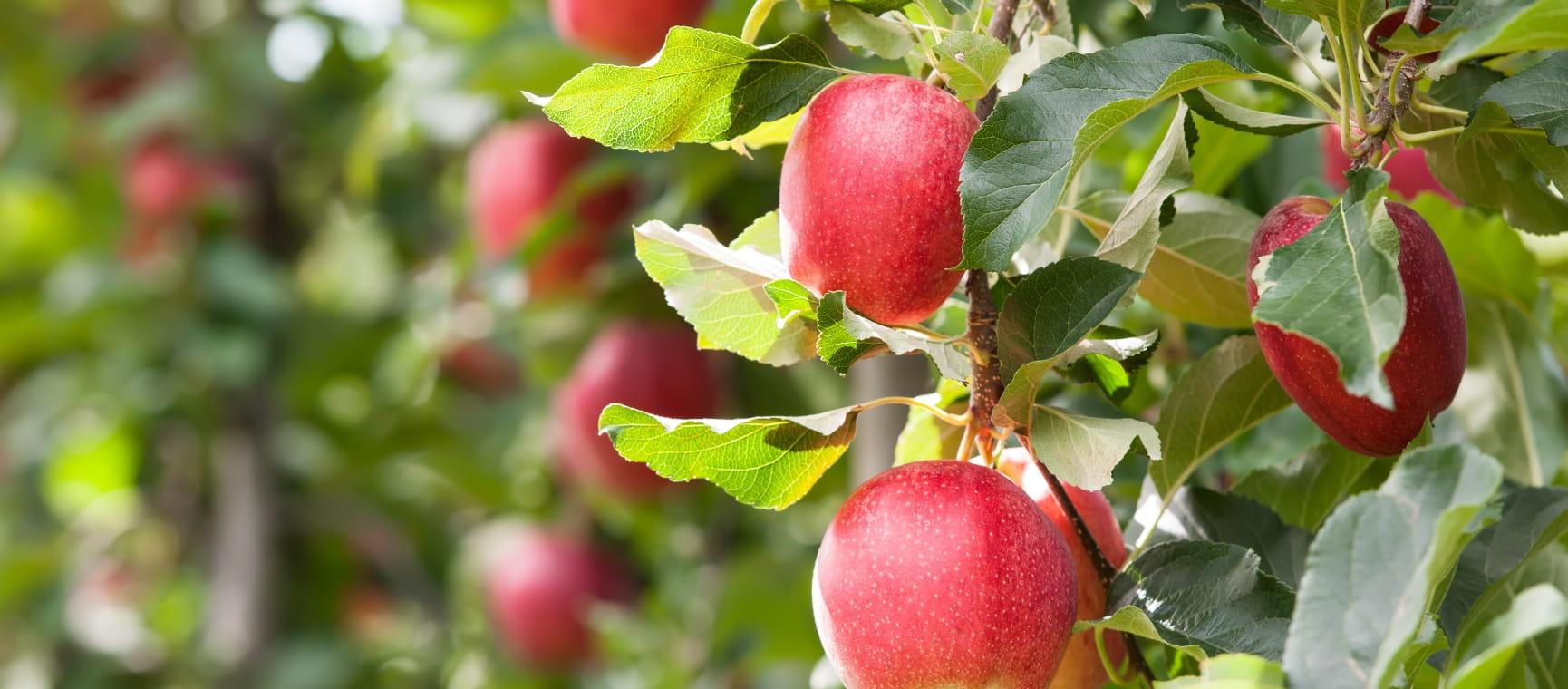
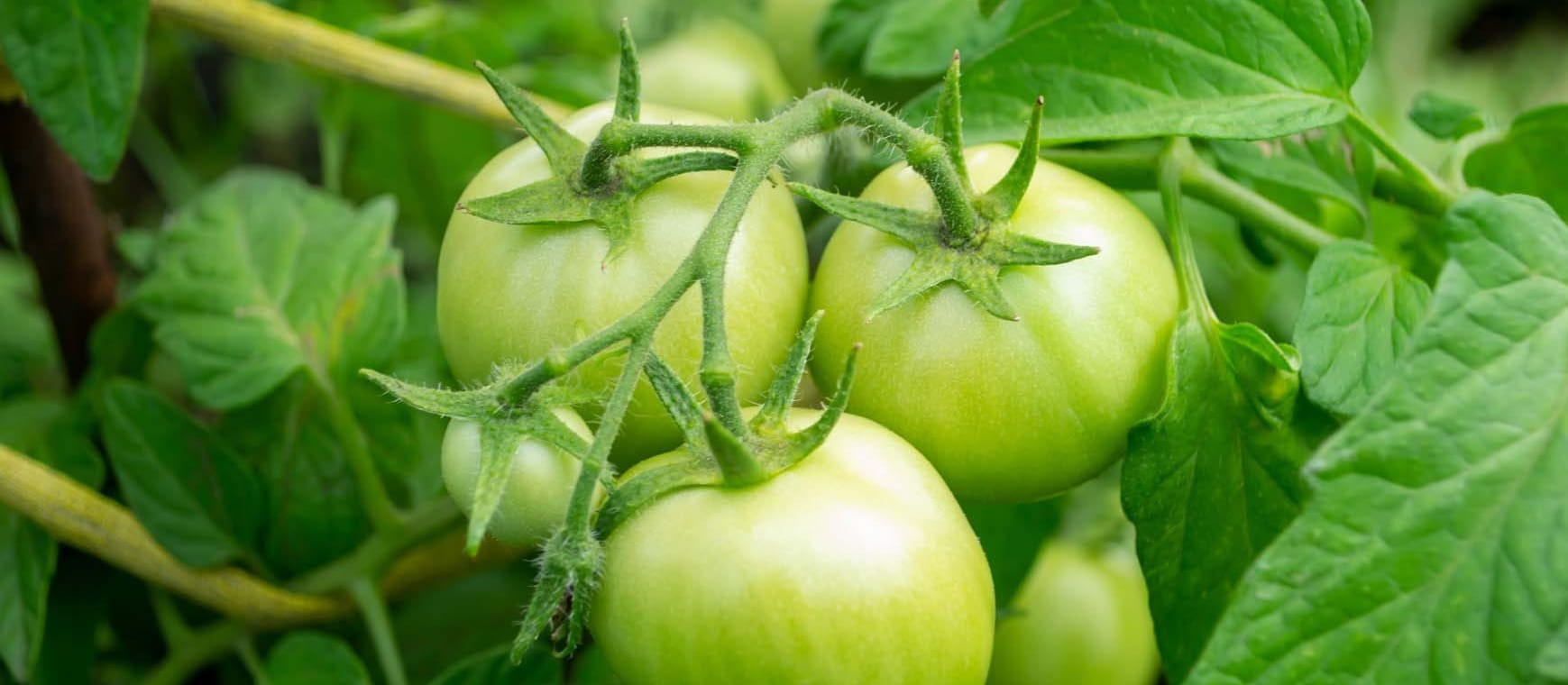
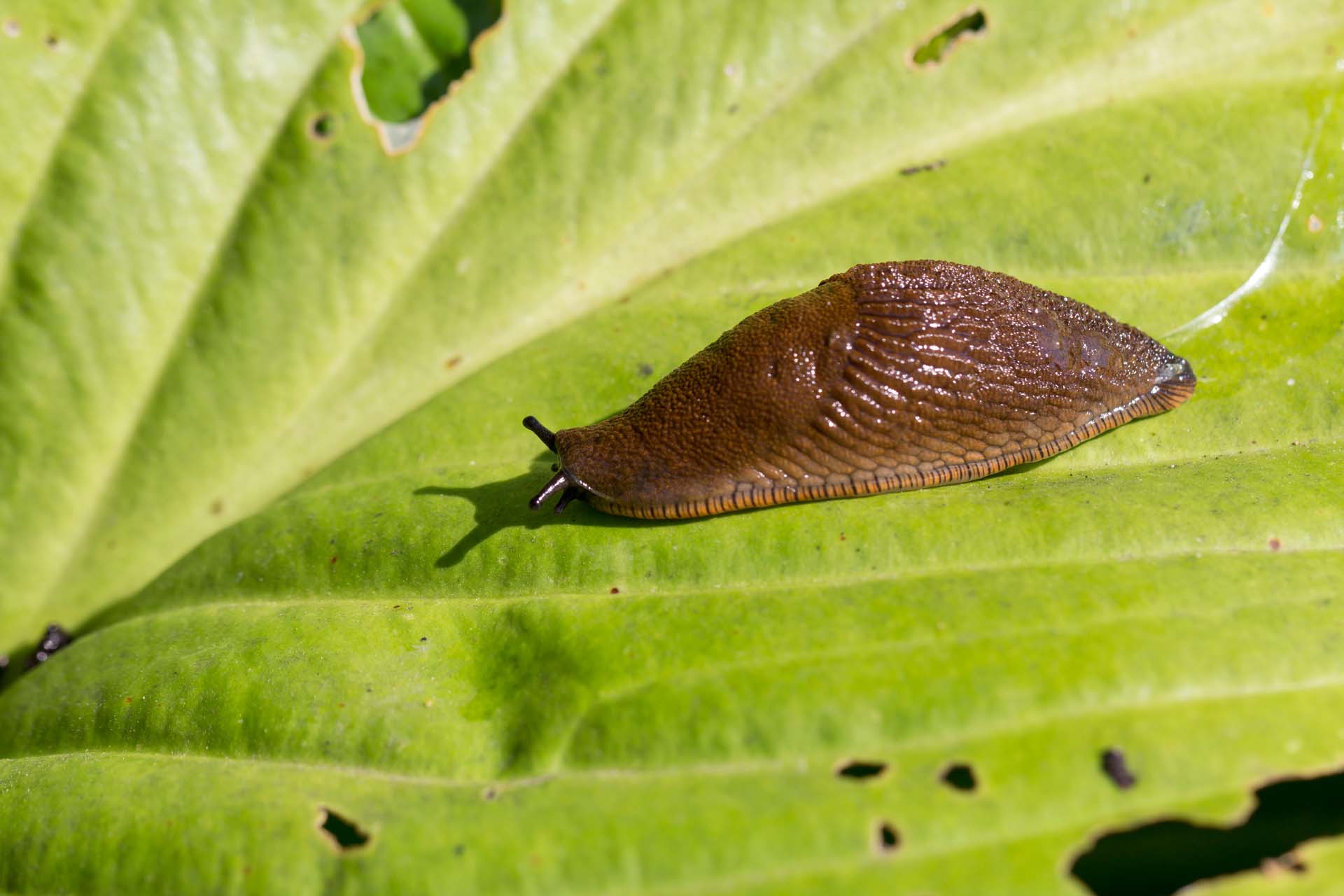
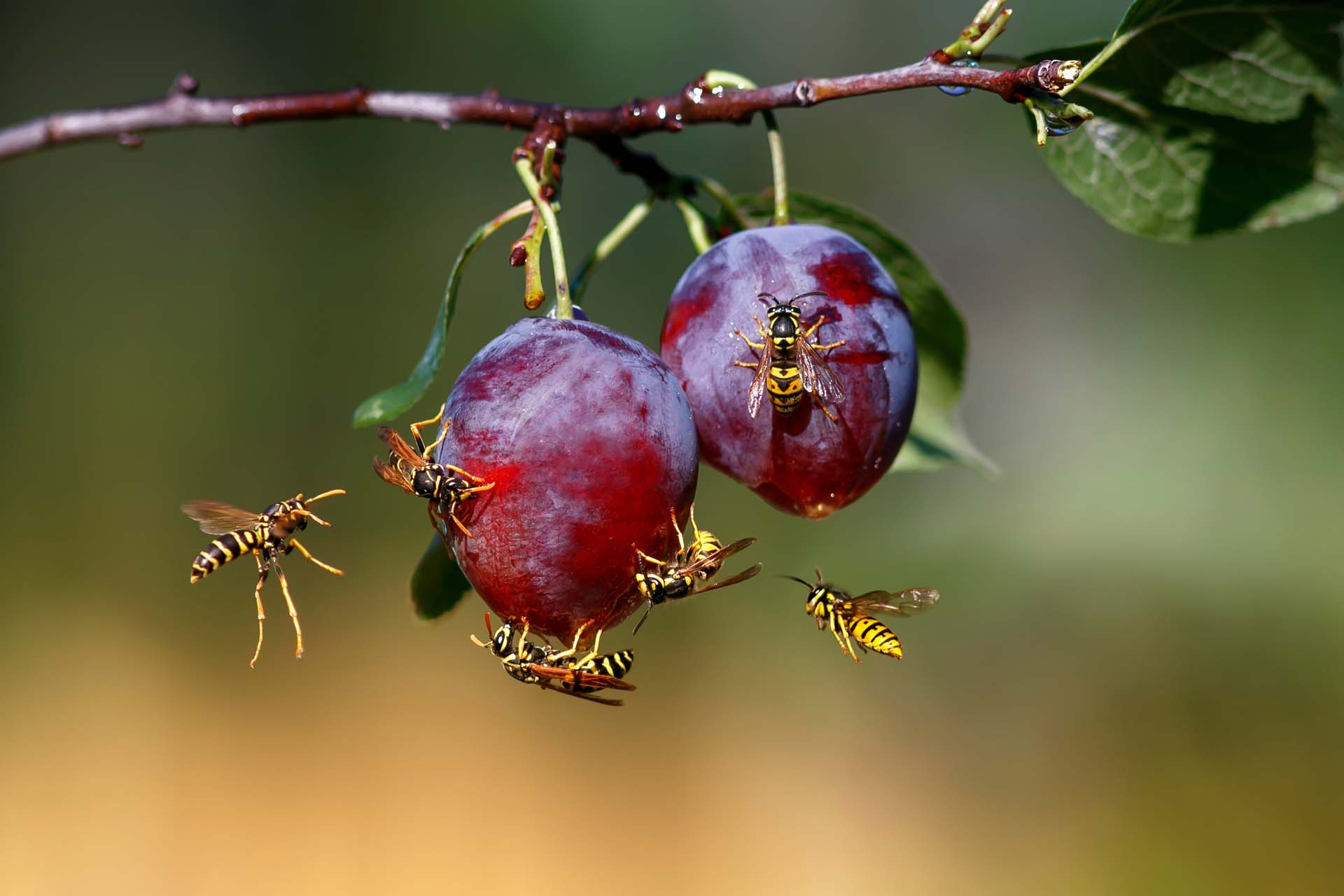
Blighted by buzzing? How to keep wasps out of your garden without harming them so you can enjoy the summer.
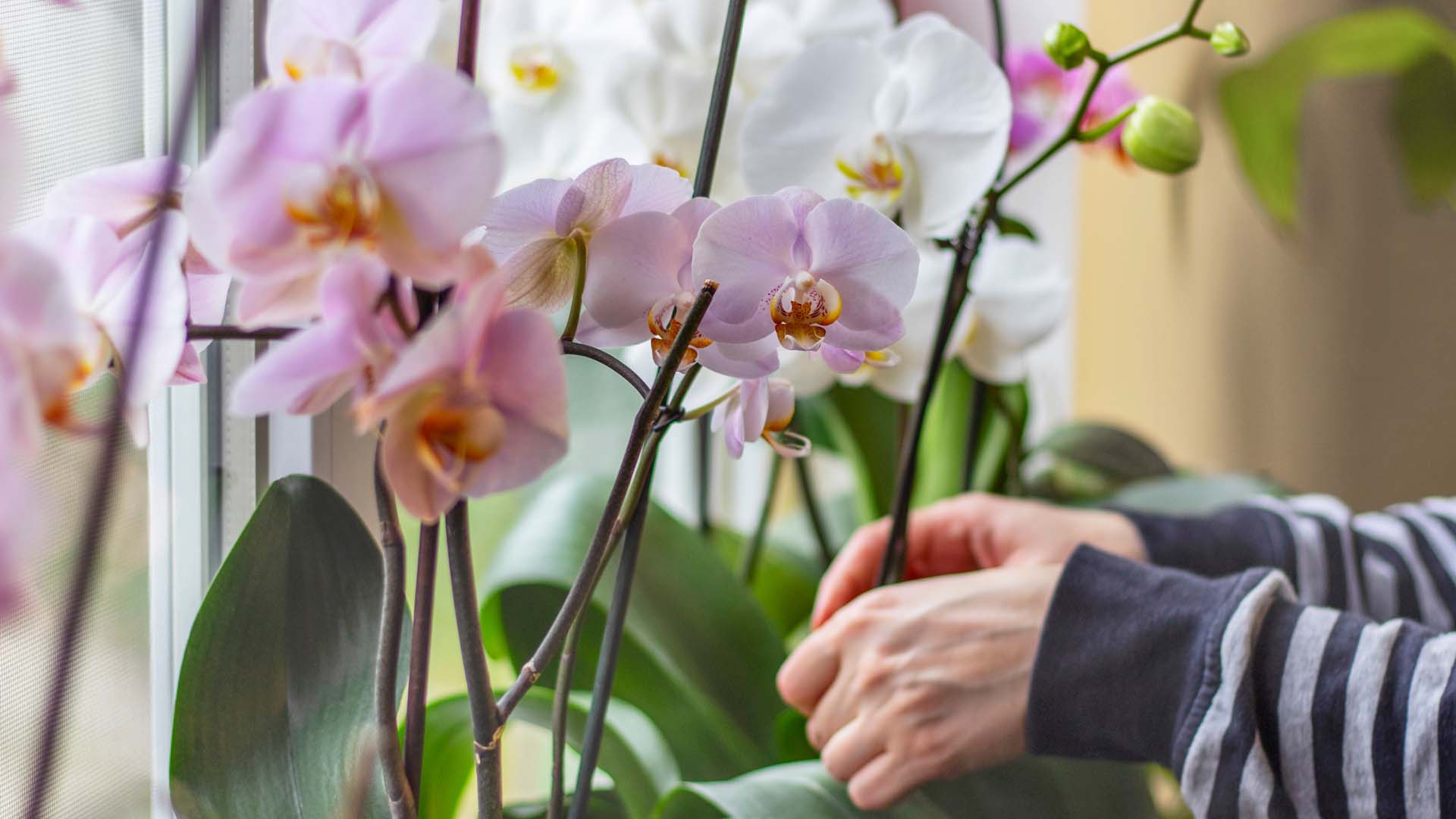
Our expert pruning and watering hacks include a top tip to keep them flowering from Alan Titchmarsh.
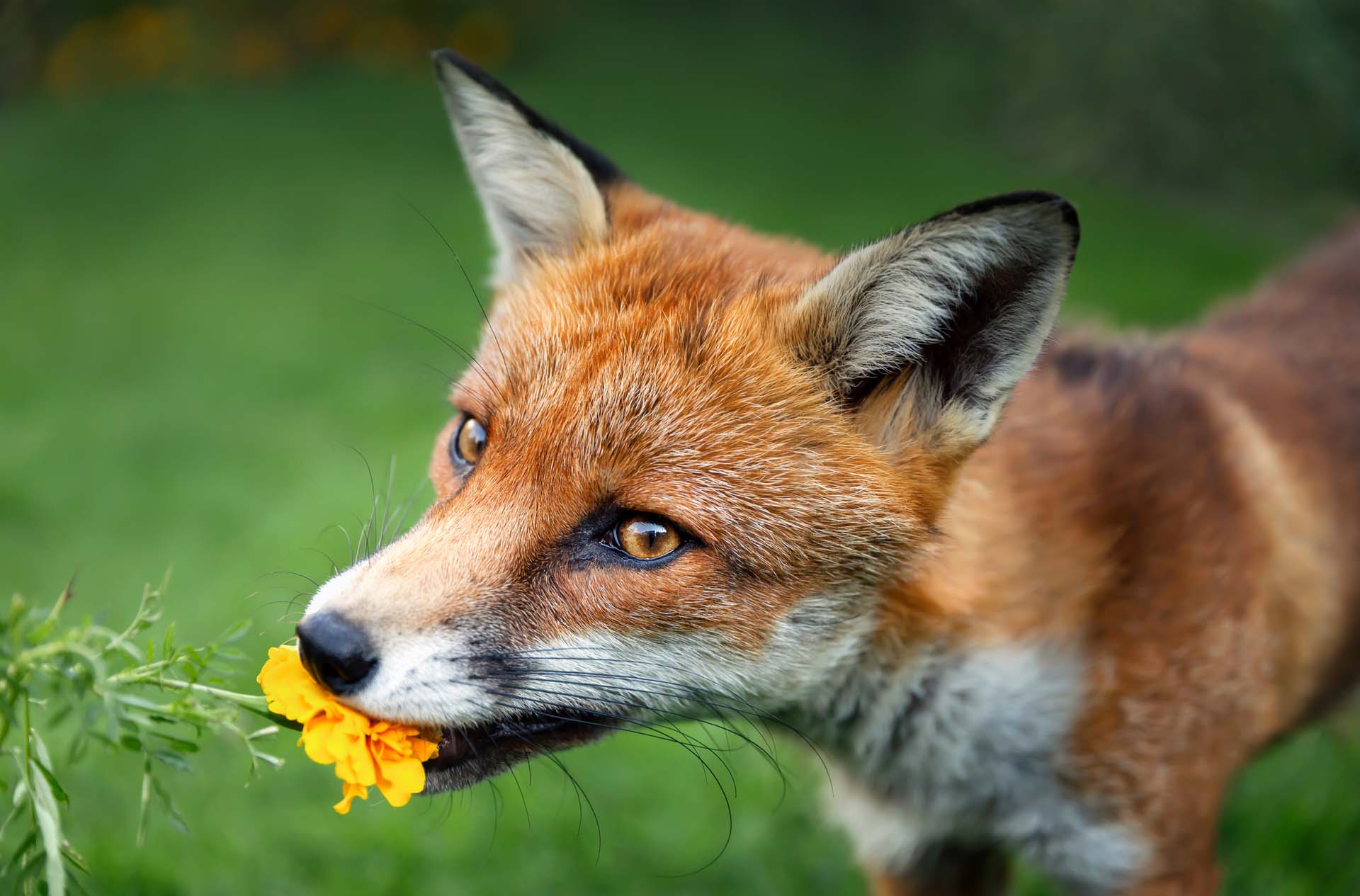
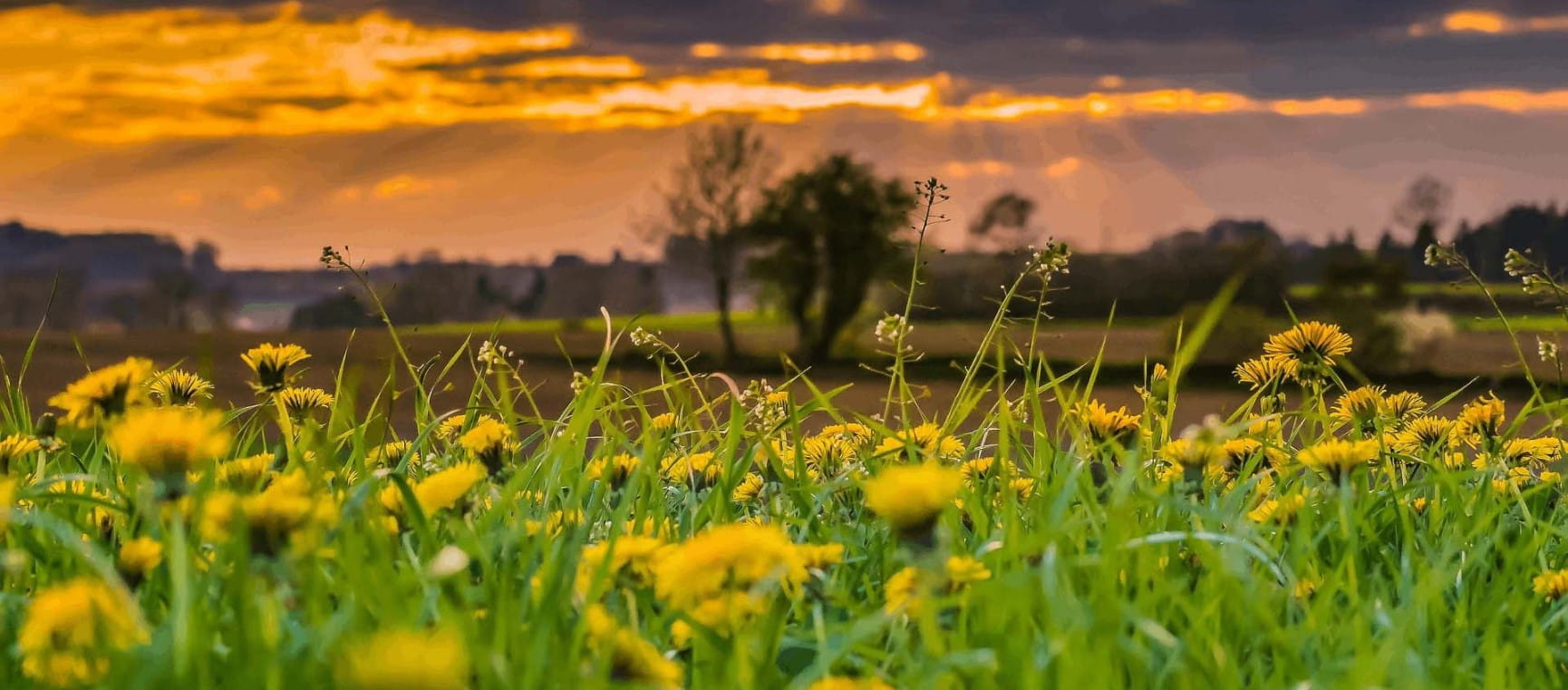
Want to know how to get rid of dandelions? Advice on how to tackle them but why they might be worth sparing.
